Today the educationally best performing nations have no Govt interference in schooling. India needs this, too, if we are to compete globally
Teachers are the fulcrum around which any progressive and vibrant society moves. Look at countries and compare their rate of growth and the scale of teachers’ status in the society; it will be apparent that both go up and down together. India had a great guru-shishya parampara and teachers were highly revered by the students and civil society. Respect for teachers was not ornamental but real in those days. The educators were revered in the true sense as even the king would not take decisions without the consent of the Raj Guru.
Even though the Raj Guru is often depicted as a poor person in popular culture, the king would invariably receive the guru by standing up from his seat. The teacher in turn would often visit the king’s court in moments of crisis to counsel the ruler. Sadly, those days are long gone.
We need to understand today as to why the judgement of teachers was final in the days of yore. To be precise, the objective of the king (or in today’s parlance the politician) is to remain in power. Similarly, the aim of the common people is to be rich or famous or powerful. However, the objective of a teacher is nothing but to see his/her students grow and achieve what they aspire to. This is the only profession where the individual works not for oneself but for other people’s growth and success and derives pleasure in the attainments and achievements of the students whom s/he teaches. However, to expect such dedication we, too, must have complete trust in teachers and grant autonomy in pedagogic activities; as individuals and as a system.
In India, we celebrate Teachers’ Day on the birth anniversary of Dr Sarvepalli Radhakrishnan, a scholar of philosophy and a great teacher loved by all who had the good fortune to be taught by him. Radhakrishnan taught Indian philosophy and religion at many British and Indian universities. He later joined the freedom struggle, because he believed that to serve a foreign rule was “irreligious” or adharm in the Hindu tradition.
Radhakrishnan pursued his study of Indian philosophy while continuing to make his contribution to the freedom struggle. He was in a relentless search for the ultimate truth, which he believed was the pursuit of every Hindu scholar i.e. Sa Vidya Ya Vimuktaye (attaining salvation through search of the ultimate truth). Radhakrishnan became the Vice-Chancellor of the prestigious Banaras Hindu University on the invitation of Pandit Madan Mohan Malviya to succeed him in 1938. It was a position that Radhakrishnan occupied till 1948. Once India became independent, Radhakrishnan became the chairman of the first commission on education to be set up to revamp the higher education system of the country.
The report presented by him is popularly known as the Radhakrishnan Commission Report. It is a comprehensive one but today it is vital to remember that this report stressed on the importance of education being grounded in the Indian tradition. The Radhakrishnan Commission Report was also of the view that school education must be given emphasis and revamped so that deserving students could enter higher education institutions.
This Teachers’ Day has special significance for us all. The Narendra Modi Government issued its New Education Policy 2020 (NEP) on July 29, after a mammoth discussion nationwide for five long years. The Ministry of Human Resource Development (MHRD), now renamed the Ministry of Education (MoE), had started the discussion in 2015 and people at the grassroots level were consulted through 33 identified areas or themes; and then a committee under TSR Subramanian (a retired bureaucrat) was asked to prepare a draft on the basis of all the documents and feedback that were collected.
However, this report was widely criticised and was largely unacceptable to most stakeholders. So, a new committee was constituted to prepare a fresh draft under the chairmanship of Dr Krishnaswamy Kasturirangan, (a space scientist of global repute). The draft report was submitted to the Government on May 31, 2019. The final document, prepared by the Government on the basis of all the data and feedback collected through the two drafts, was released in July. This document is extraordinary in many respects. The previous documents ran into hundreds of pages but this was presented in just 62 pages. Beside other things, the policy focusses on educators, right from pre-school teachers to the ones teaching in universities.
This Teachers’ Day the educators must rejoice at the appearance of the Prime Minister in a conclave of teachers on August 6, only a week after the new national education policy document was released. Talking about the NEP while addressing the conclave, Modi had said, “Today, there are views and opinions coming from all across the India. People are sharing their thoughts on this. It has been widely welcomed and one thing that has been observed is that no one is saying that this policy has any bias towards any one area... that is a great thing. Now everyone’s focus is on how this will be implemented. As far as the political will to implement this is concerned, I want to assure you that I am fully with you... all the way.”
He called upon the educators to own the policy and implement it in letter and spirit. The message conveyed was that the nation has realised that the education policy will have little impact, like all the previous policies, if the educators don’t own it. A policy document on education will have to be owned and implemented by teachers and teachers alone. Plans prepared on the basis of the policy will have to be implemented in the classrooms which teachers alone handle. It is noteworthy that in his speech, the Prime Minister addressed principals who are the key players in transforming schools. If this is not just rhetoric, then we can indeed look forward to a “year of the teachers.” This Teachers’ Day can perhaps then be seen as a landmark one in the history of education in India.
The Mudaliar Commission on school education was constituted as a corollary to Radhakrishnan’s report. This commission suggested the formation of an independent body to coordinate school education among the States of India. This, it said, was necessary because education is a national concern and the major responsibility of maintaining quality and content of school education as well as higher education rests upon the Union Government. The University Grants Commission (UGC) was established on the recommendation of the Dr Radhakrishnan Commission but the School Education Commission (SEC) has not been established till date. We need to get this going.
The best tribute to Dr Radhakrishnan would be to give school teachers an independent statutory body to regulate themselves instead of being monitored by “brown sahebs.” We have been shouting against Macaulay’s policy of controlling teachers and schools because the gurukuls (residential schools of ancient times) and the madrasas were the places which produced the best minds of the nation. However, Macaulay planned and destroyed the indigenous school system.
Today the educationally best performing nations have no Government interference in schooling. India needs this too if we are to compete globally. Modi had also expressed the importance of good quality teachers on several occasions. Hope he gets his policymakers to walk the talk.
(The author is Professor of Education at IGNOU. The views expressed are strictly personal.)







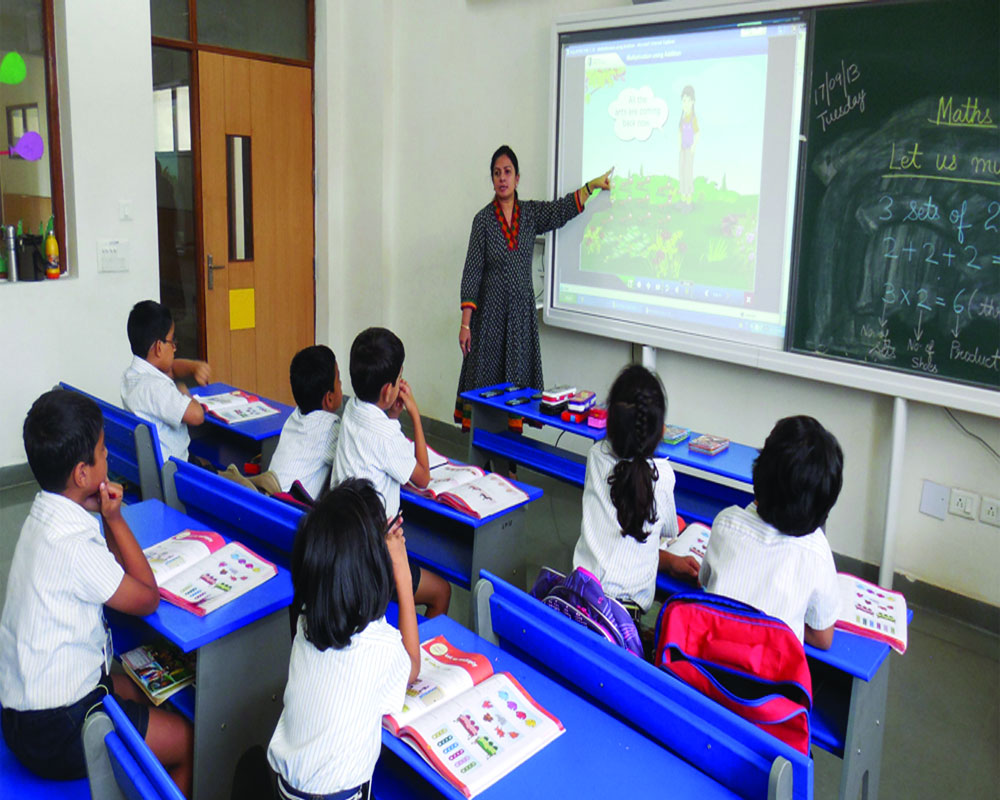
 OpinionExpress.In
OpinionExpress.In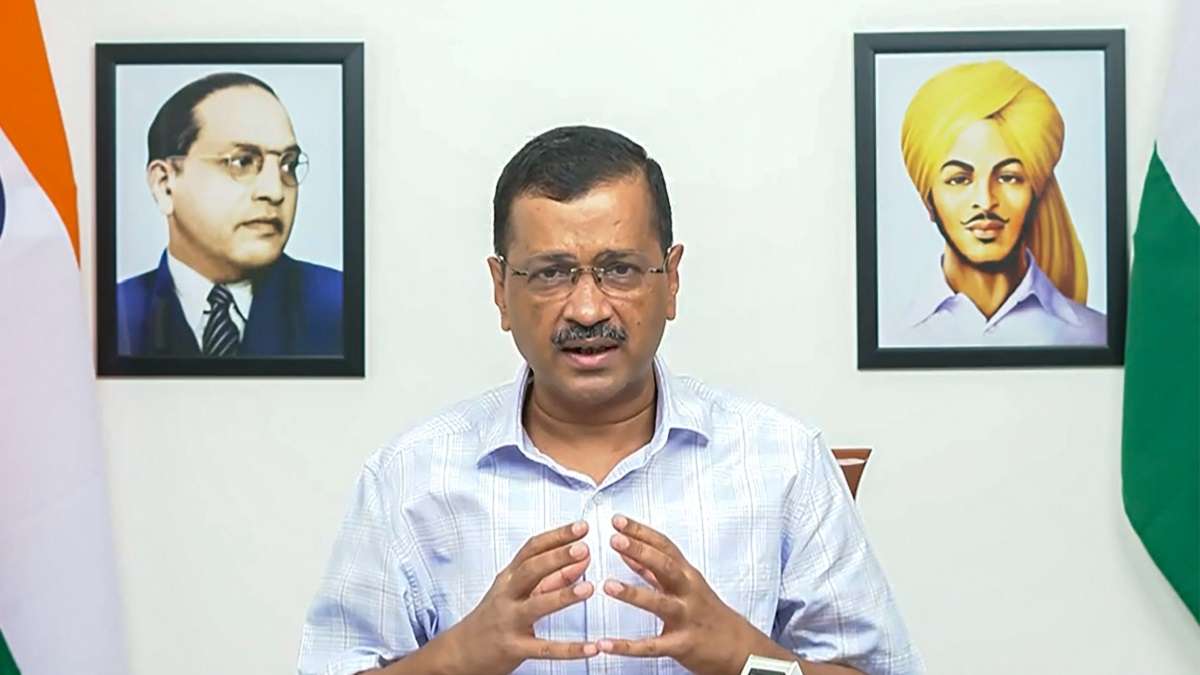
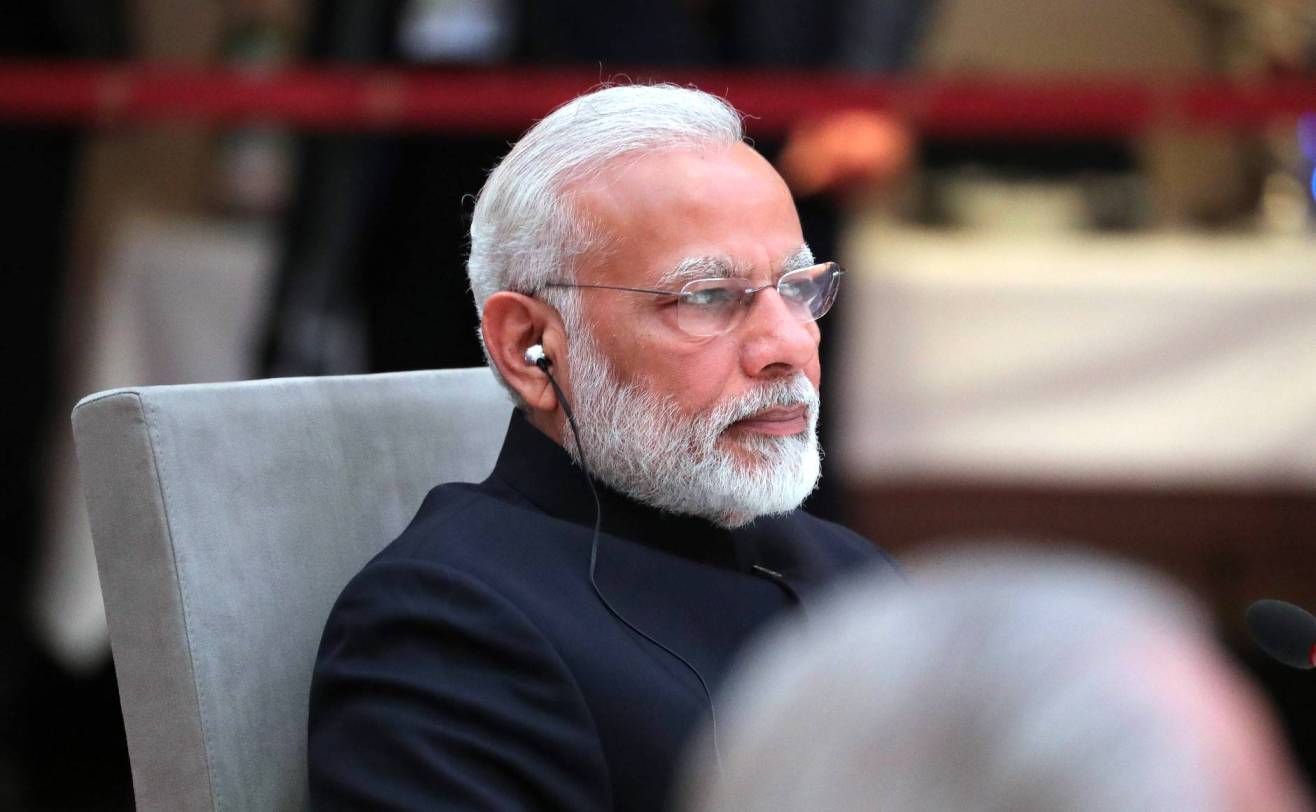

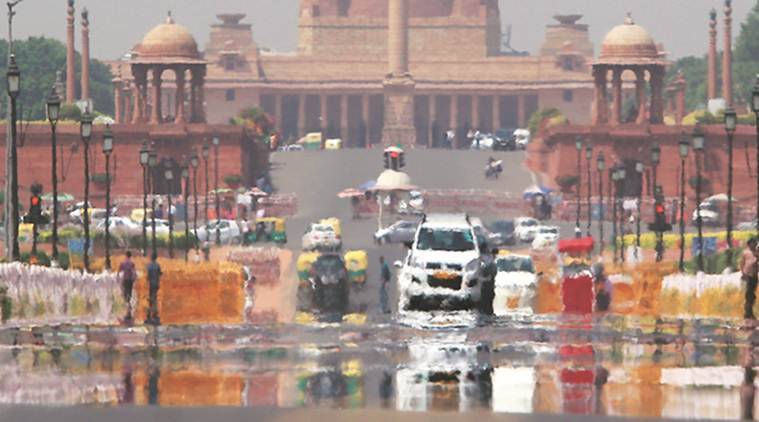
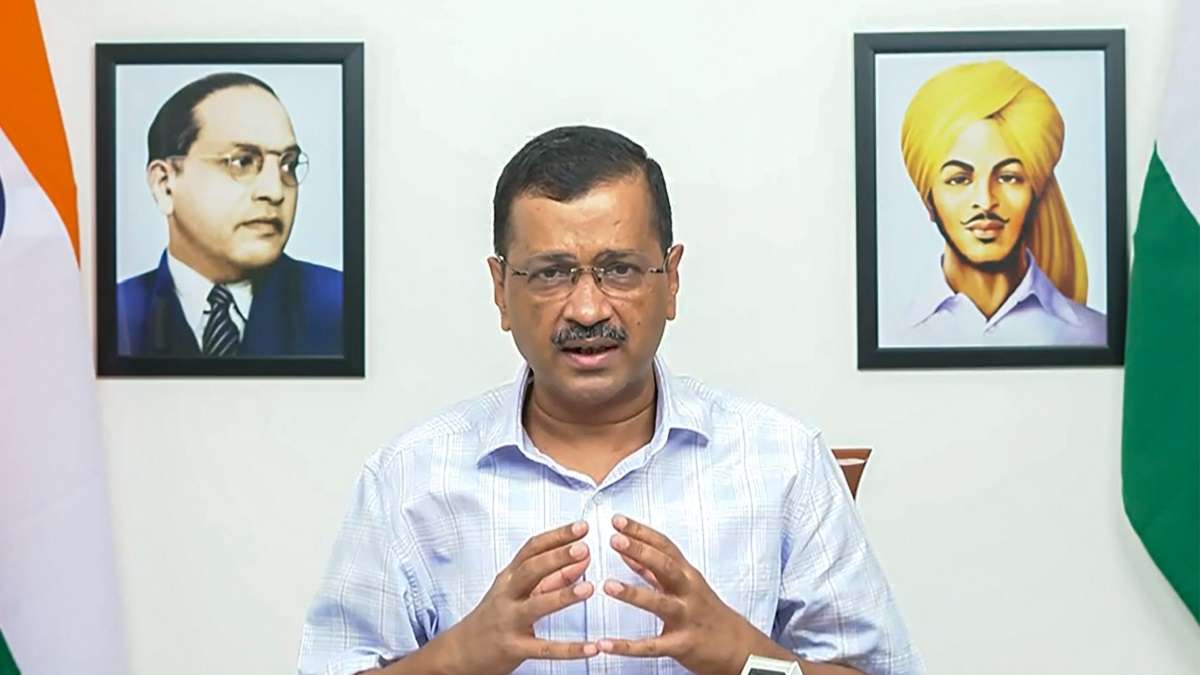
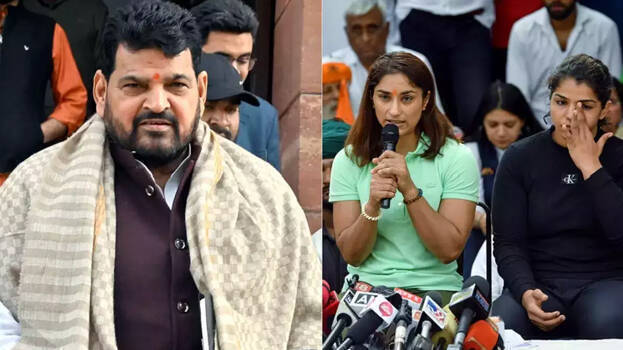


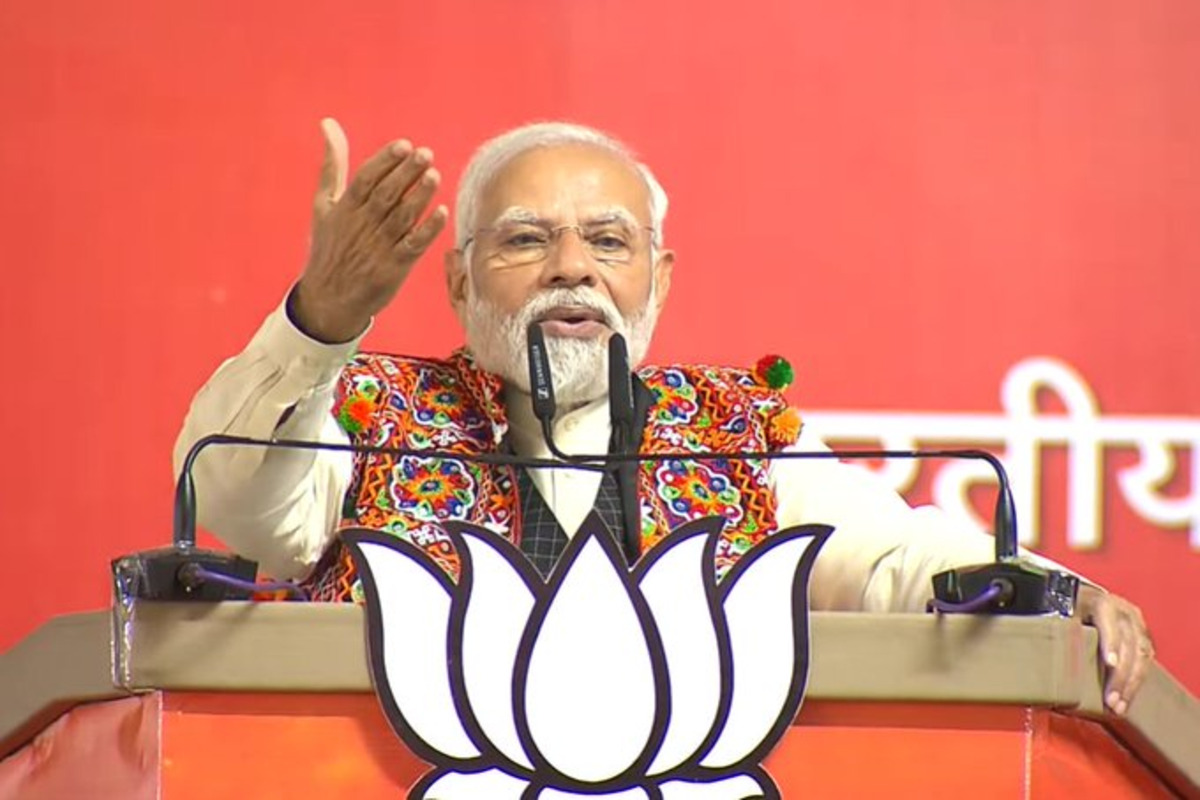
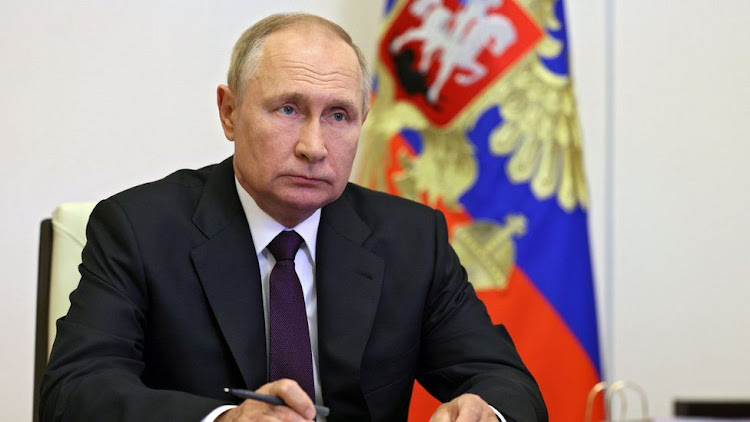






Comments (0)